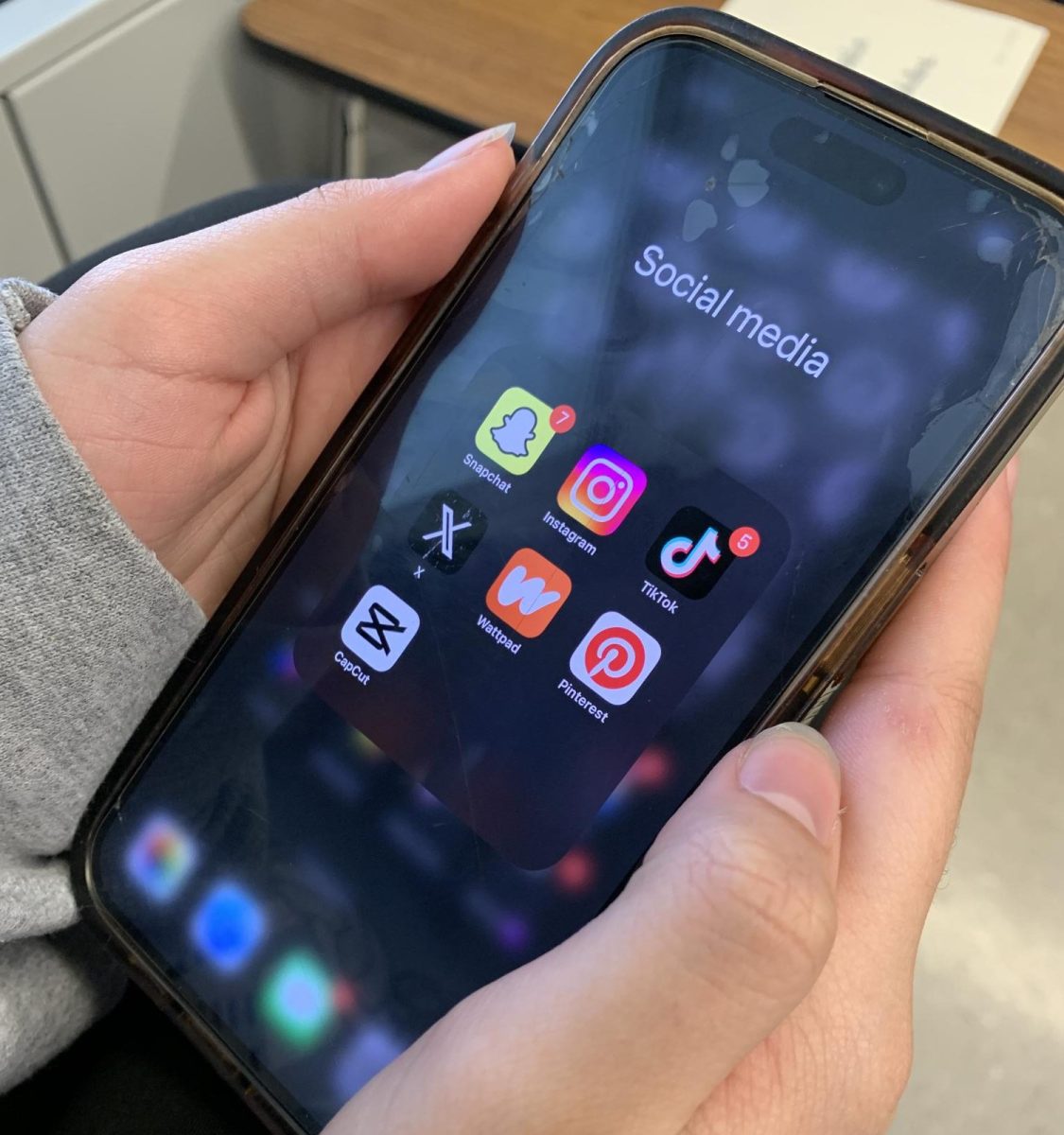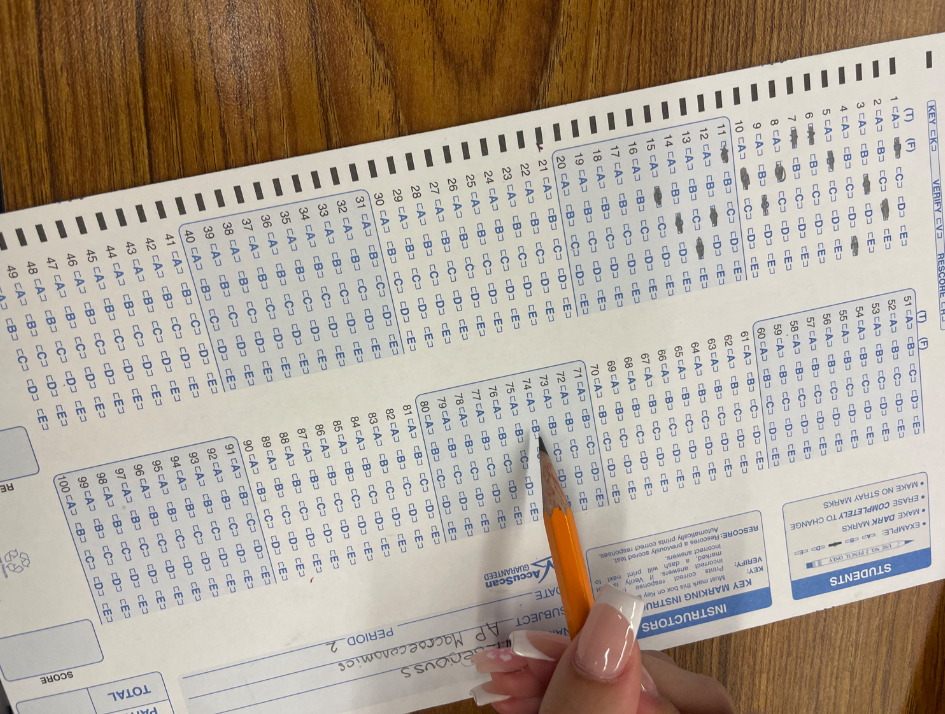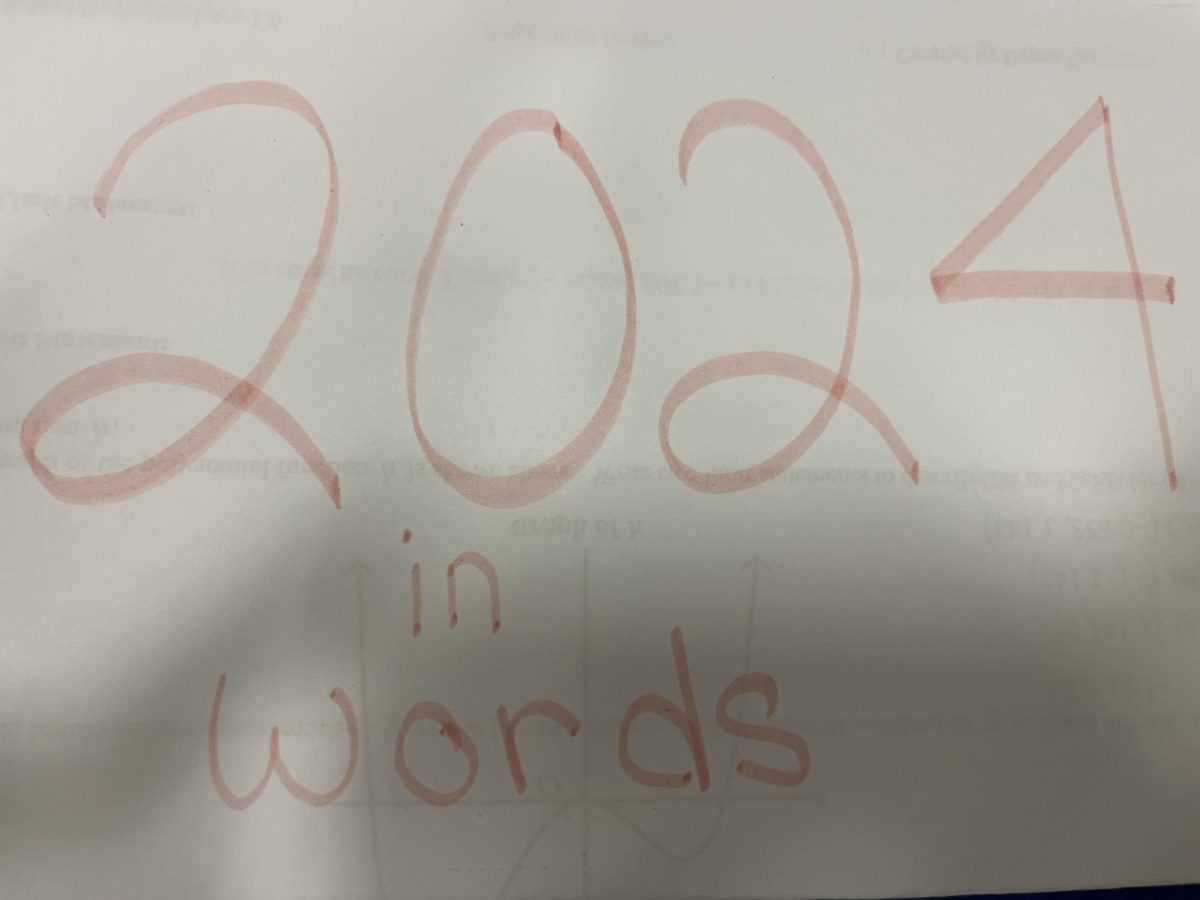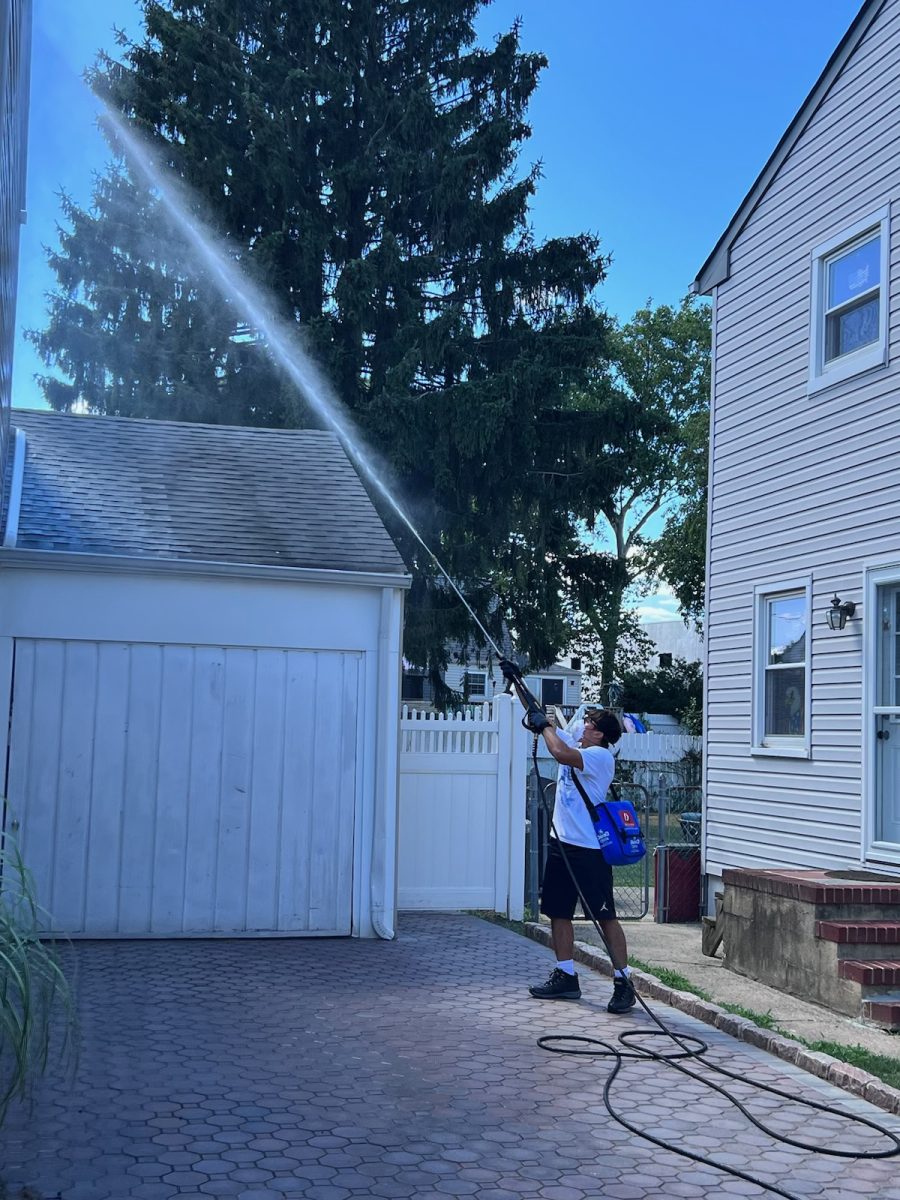In today’s world, social media plays a huge role in the lives of teenagers. Apps such as Instagram, TikTok, Snapchat, Discord, and Twitter have transformed the way young people communicate and express themselves.
The Positive Side of Social Media
Social media allows teens to stay connected with friends and family. It also provides a platform for self-expression, where people can share their talents, thoughts, and experiences. Sometimes, social media can serve as an educational tool, giving teens access to information, mental health resources, and support groups that they might not find elsewhere.
For some teens, social media can be a source of comfort, providing a sense of belonging and helping them find people who share similar interests or struggles. Most apps have communities to talk about mental health or other related struggles a person might be going through.
In an article published by John Hopkins Medicine by Dr. Carol Vidal, M.D., Ph.D., M.P.H. and Jennifer Katzenstein, Ph.D, they explain that teens find support on social media. They claim it helps with gender reaffirming, provides an outlet from stress, promotes shared interests with peers and can help with metal care.
Negative Effects on Mental Health
Despite social media being a huge platform nowadays for teens, studies have shown that nearly 42% of teens have been bullied online. This has caused teens to develop depression and anxiety. Somewhere in the world, there are kids who are being cyber bullied every day.
An article put out by Yale Medicine states that “in June 2024, Dr. Murthy, United States Surgeon General, called for a surgeon general’s warning label on social media platforms, which would require an act of Congress to implement.” The warning is due to the mental health risks associated with social media apps. The article goes on to say, “According to a research study of American teens ages 12-15, those who used social media over three hours each day faced twice the risk of having negative mental health outcomes, including depression and anxiety symptoms.”
Comparison and Self-Esteem Issues
Social media often promotes unrealistic beauty standards and lifestyles, leading teens to compare themselves with famous users and other users. This can cause teens to become insecure about themselves and lower their self-esteem.
Fear of Missing Out
Social media updates can create a sense of pressure to always be connected and engaged. Teens who feel left out of social events or trends may experience anxiety and loneliness, contributing to poor mental health.
Sleep Disruptions
Excessive screen time before bedtime can interfere with sleep patterns. The blue light from screens affects melatonin production, making it difficult for teens to fall and stay asleep. Poor sleep quality has been linked to increased stress and emotional instability.
Addiction and Reduced Real-Life Interactions
Social media platforms are designed to be addictive, keeping users engaged for periods of time. This can lead to neglect of real-world relationships, reduced academic performance, and an overall decrease in face-to-face social skills.
Finding a Balance
To break the habit of negative effects of social media on teen mental health, it is essential to promote healthy digital habits. Parents, educators, and teens themselves can take steps to create a balanced relationship with social media. This includes setting time limits, addressing cyber bullying, and encouraging teens to follow the rules of social media and to have fun.

















